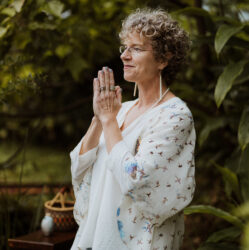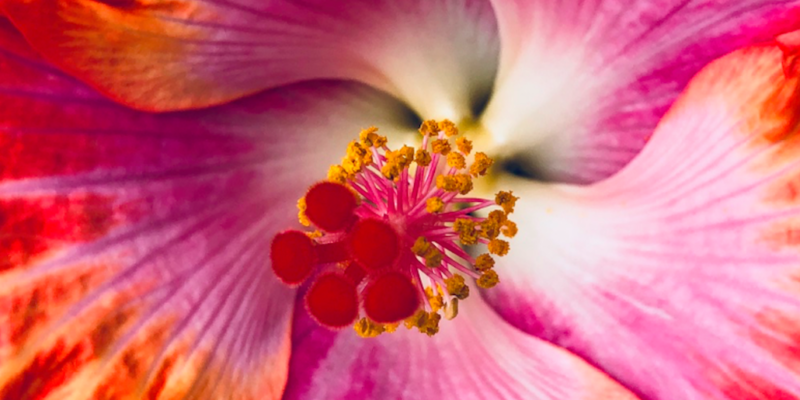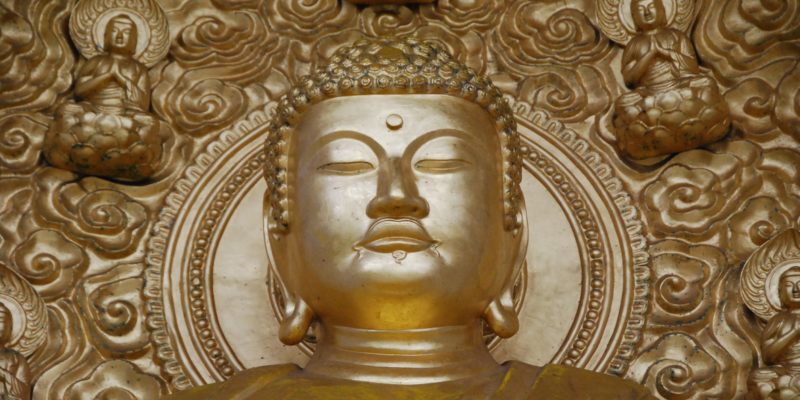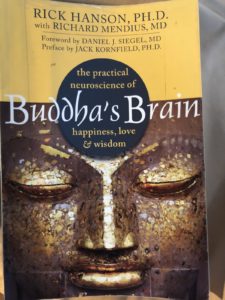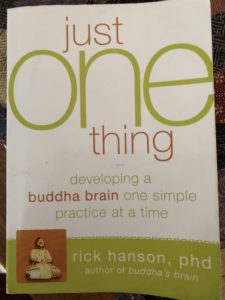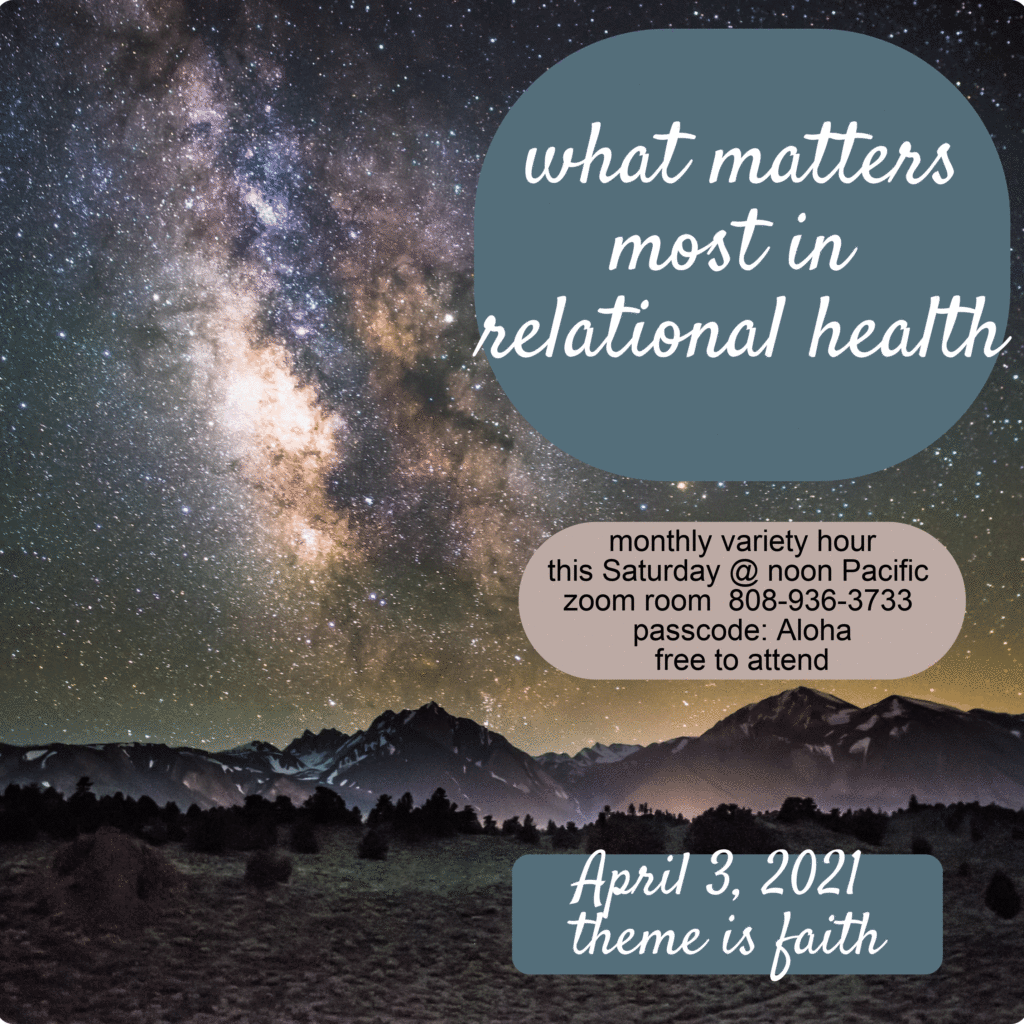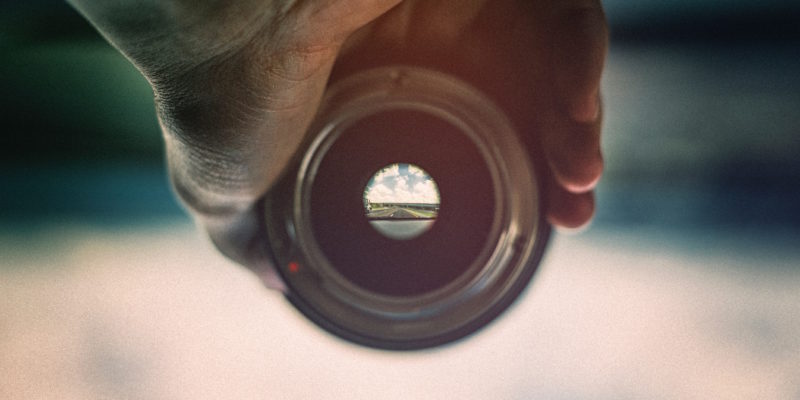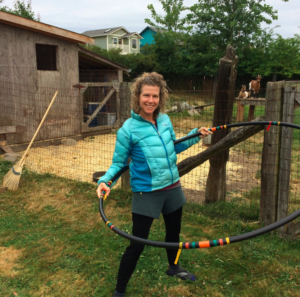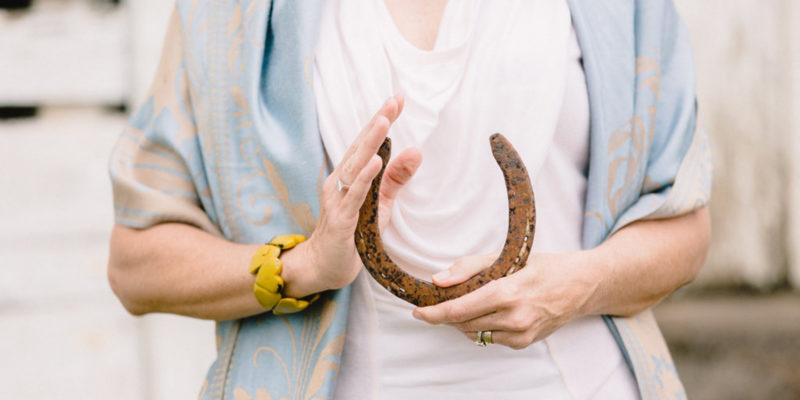Our kuleana, our responsibility, is to be true to ourselves, so that we can be true to others, When we inhabit our lives fully, enjoy our own embodied presence, then we can show up in conscious connection. From here, we can be amazing partners and feel higher love.
Relational responsibility takes work
Our romantic relationship cycled through lust, attraction and attachment, all the way into a satisfying long-term marriage. The romantic phase gave us the juice to experience the transformative power of love. For us it started hot, it burned wildly, and it still keeps us warm inside. Our marriage and our mutual commitment provide the most rewarding opportunity to grow and heal; to give and receive love. It is our responsibility to show up and do this.
We’re really expecting a lot from our romantic partners
On one hand we want stability in our partner. Reliability, predicable safety and security.
On the other hand, we want a sense of fresh aliveness. Wild, erotic, new, mysterious wonder and amazement.
In one person!
Esther Perel, an erotic desire expert, explores this conundrum in her groundbreaking work on couples and partnerships. She explores the crisis of desire by asking, “can we love what we already have?”
Check out her book Mating in Captivity or her many TED Talks if you want more about this or her blog here https://estherperel.com/blog/let-go-of-being-the-perfect-partner
Instead of looking for the right partner, we become the right partner
Many couples cycle through the romantic phase and wind up in the power struggle phase only to split up because the illusion of finding the perfect partner which fuels the search for someone better. When we want perfection, we fall in love with the potential of someone (and ourselves). We tell ourselves we will be okay only if he changes.
In early power struggle stages, I often blamed my husband. It wasn’t until I took 100% responsibility for my 50% of the dynamic that awareness blossomed. Responsibility, kuleana, is essential in committed relationships.
Shift your focus. Your kuleana is you first. Look within. Just do you. Be comfortable in your own skin. From here, just do your partner. I take responsibility for my own happiness. I manufacture my own misery whenever I want my husband to be different than he is. It typically happens when I want myself to be different than I am. It’s a contagion. It fuels the power struggle.
Make it safe, connect, and feel the joy
Communication breeds safety for more vulnerable expression of desires, preferences and dislikes. Sex gets better when we express our needs, our desires, both in the bedroom and outside. More intimacy, in-to-me-see, more pleasure. When I give and receive in all aspects of our relationship, I am more free to give and receive while making love. It’s so yummy.
The sex of long term committed relationship blows my mind! The juice from our mutual integrity and commitment fueled with the curiosity and mystery of the continual evolution of self and other is enticing. Remember, conscious partnership is recognizing we are not me. Incompatibility is really good news. See this blog for more https://amyelizabethgordon.com/incompatibility-is-good-news/
We fall in love with our own wholeness
From our embodied presence, we recognize differences with curiosity instead of struggle. If we spot it we got it–all those things we love about our partner (and all the things we despise). Our lost self, our hidden self, and our disowned self integrate back to a natural place of wholeness.
